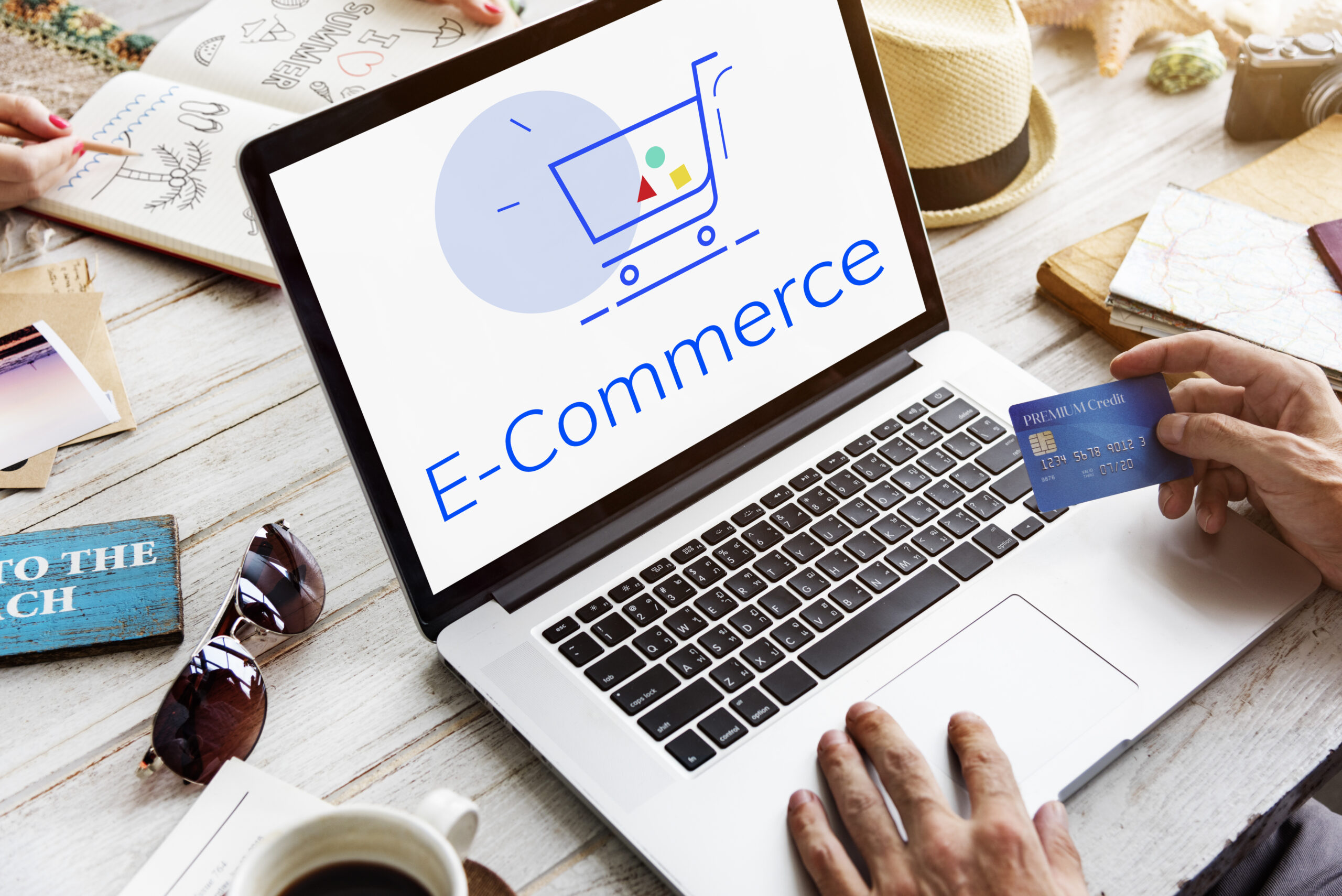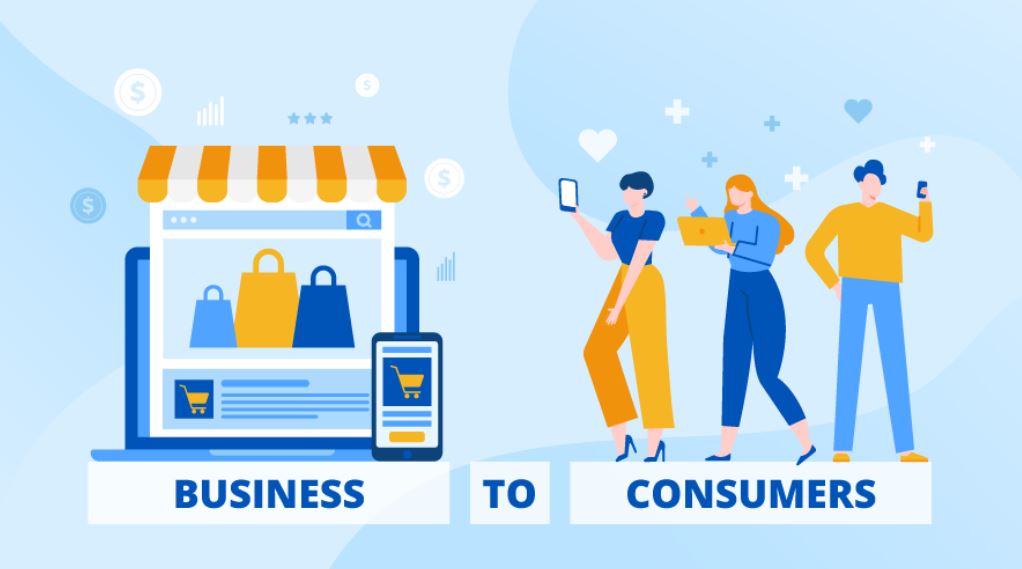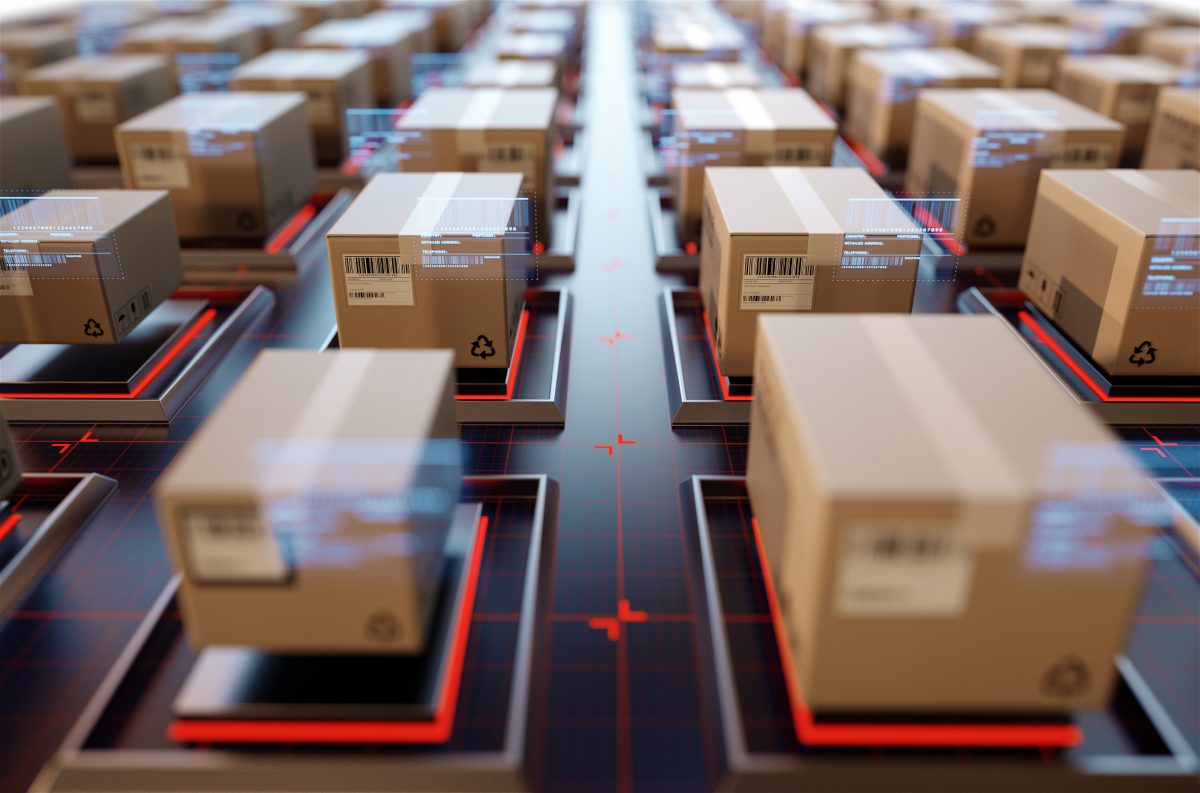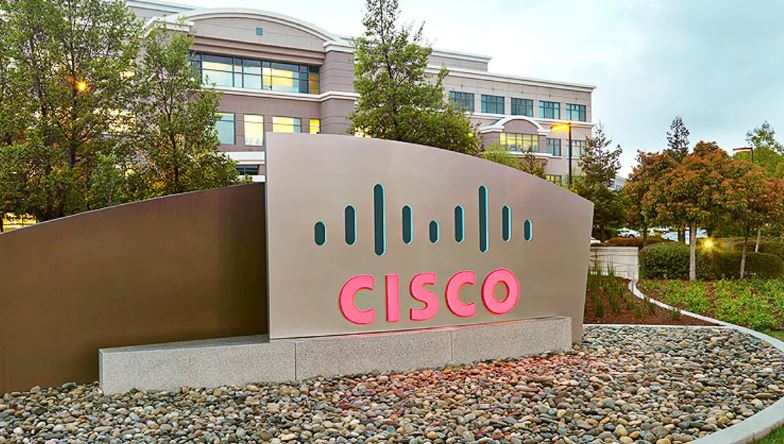Key Highlights:
- The global B2C e-commerce market is growing rapidly, driven by rising digital payments, AI integration, and mobile shopping.
- Social commerce and omnichannel strategies are transforming consumer behavior.
- According to Grand View Research, the B2C e-commerce market is projected to reach at USD 17.77 trillion by 2030.
- Innovations such as AR/VR, voice shopping, and same-day delivery are redefining online retail.
- Asia Pacific dominates the B2C e-commerce market, supported by mobile-first users and advanced digital ecosystems.
Shopping has shifted from physical stores to mobile screens, and the B2C e-commerce market is at the heart of this transformation. Consumers now expect convenience, speed, and personalization, whether they are buying fashion, electronics, or groceries. The rapid adoption of smartphones and secure digital payments is fueling this behavioral shift across regions.
For brands, this industry represents more than just a sales channel. It is an integrated ecosystem combining technology, logistics, and customer engagement. Businesses utilize AI-powered insights, predictive analytics, and automation to connect with consumers and increase their lifetime value.
According to Grand View Research, the global B2C e-commerce market is projected to reach USD 17.77 trillion by 2030. This industry is experiencing the highest growth in the Asia Pacific, where mobile commerce, digital wallets, and social shopping are driving significant increases in consumer spending.
Why the B2C E-Commerce Market Is Growing Faster Than Ever
The B2C e-commerce industry is expanding due to rising internet penetration, evolving digital lifestyles, and the growing demand for seamless shopping experiences. As more consumers shop online, businesses are investing in omnichannel strategies to deliver consistent service across websites, mobile apps, and social media platforms.
The industry benefits from AI-driven personalization, which recommends products based on browsing history and past purchases. Digital wallets and Buy Now Pay Later (BNPL) options are increasing customer trust and purchase frequency. Logistics players are also improving last-mile delivery with real-time tracking and automation.
With continuous innovation in payment infrastructure and AI-based engagement tools, the B2C e-commerce market will continue to set new standards for convenience and speed, reshaping the global retail landscape within digital commerce.
AI and Automation: Redefining the Way Consumers Shop
Artificial Intelligence has become a key enabler of growth in the B2C e-commerce market, powering smart recommendations, pricing optimization, and inventory management. Retailers utilize AI chatbots to offer instant support and predictive analytics, enabling them to anticipate customer needs.
Key ways AI is transforming the e-commerce landscape:
- Personalized shopping experiences through AI-based product recommendations.
- Dynamic pricing models that adjust prices in real time based on demand and competition.
- Predictive inventory management that minimizes overstocking and stockouts.
- Chatbots and virtual assistants are improving customer engagement and 24/7 support.
- Automated logistics ensuring faster and more accurate deliveries.
Automation now streamlines operations, from robotic warehouses to automated fulfillment systems, improving accuracy and reducing delivery times. Machine learning also helps forecast demand and prevent overstocking or shortages.
As AI evolves, the B2C e-commerce industry will continue to integrate automation across every stage of the shopping journey, ensuring greater efficiency, faster delivery, and higher consumer satisfaction worldwide.

Social Commerce and Mobile Shopping Shaping the B2C E-Commerce Market
Social media has become a powerful growth engine for online retail, where consumers now discover and buy products directly on platforms like Instagram, TikTok, and YouTube. Influencers and live shopping events drive engagement and instant conversions.
Mobile commerce plays a crucial role in today’s digital landscape. With over 60% of transactions made via smartphones, brands are focusing on fast-loading mobile websites, simplified checkout, and regional payment options to improve accessibility.
Together, social and mobile commerce are redefining how consumers shop and interact with brands, fueling growth across the B2C e-commerce market and creating long-term value for global retailers.
The Future of E-Commerce: Immersive Tech & Instant Delivery
Innovations such as AR/VR, voice shopping, and same-day delivery are reshaping the future of the B2C e-commerce market, making online shopping more immersive, interactive, and instant. These technologies bridge the gap between convenience and experience, allowing consumers to explore, choose, and receive products faster than ever.
Key innovations driving this transformation include:
- Augmented and Virtual Reality (AR/VR): Enables virtual try-ons and immersive product previews, improving purchase confidence.
- Voice Shopping: Smart assistants like Alexa and Google Assistant simplify reordering and hands-free purchases.
- Same-Day Delivery: Advanced logistics networks and real-time tracking make ultra-fast fulfillment a standard expectation.
- AI-Driven Personalization: Recommends products and bundles based on browsing behavior and voice or visual cues.
- Smart Supply Chain Systems: Enhance delivery accuracy and speed through automation and predictive routing.
These advancements collectively redefine convenience, helping brands deliver faster, smarter, and more engaging online experiences for consumers worldwide.
The Road Ahead
The B2C e-commerce market is entering a new phase centered on personalization, sustainability, and immersive technologies. Augmented reality (AR) try-ons, blockchain-enabled transparency, and eco-friendly packaging are reshaping brand strategies and customer expectations. As the industry continues to evolve, businesses that embrace digital transformation will gain a competitive advantage. With smarter analytics, ethical supply chains, and predictive shopping experiences, online retail will become more engaging, efficient, and responsible. Driven by innovation and consumer empowerment, the B2C e-commerce industry is set to remain a dominant force in shaping the future of global shopping.















